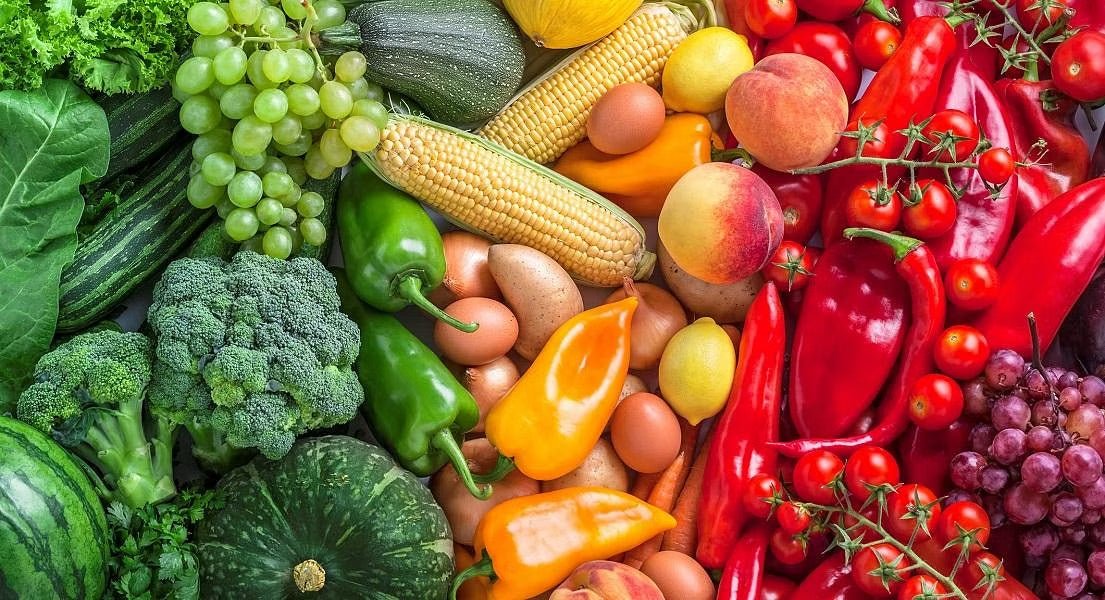As women approach the menopausal transition they can experience wild fluctuations in hormones for up to 10 years before their periods actually stop. During this time, known as the perimenopause, women may start to notice symptoms of hormonal imbalances which are often just put down to the ageing process rather than menopause as they are still having periods.
How hormones affect vaginal health
In this article we explore the reasons why hormonal decline, particularly oestrogen, can affect vaginal health. Oestrogen and progesterone are the hormones that are produced in large amounts in the ovaries during a woman’s reproductive years. As the number of eggs produced in the ovaries comes to an end so does the production of these hormones. Most people are aware that the menopause brings with it symptoms such as hot flushes and mood swings but some of the other symptoms that women can suffer with are less known.
For example, at least half of all women who enter the menopause have signs or symptoms of vaginal dryness or atrophy. Also called urogenital atrophy, it is a chronic and progressive condition caused by oestrogen deficiency and most commonly associated with the menopause. The symptoms of urogenital atrophy can have a potential negative impact on all urogenital tissue quality including the vulva, vagina, bladder and urethra.
What is happening?
When oestrogen declines, the lining of the vagina becomes thinner and less stretchy. The vaginal canal can also narrow and shorten. Less oestrogen lowers the amount of normal vaginal fluids and changes the acid balance of the vagina. The first sign of vaginal atrophy is usually a decrease in vaginal lubrication (vaginal dryness). There can also be changes in the microbiome of the vagina.
What can women do?
Any therapy that either increases oestrogen or slows the decline of oestrogen will be helpful. For example, a medical doctor may suggest hormone replacement therapies (HRT) or oestrogen creams for women who have entered the menopause. Some women opt not to take these or their symptoms come before their periods stop, which means the doctors may be more reluctant to prescribe HRT. The good news is that strategies that improve remaining oestrogen output from the ovaries during perimenopause and menopausal transition will be helpful. The same will be true for dietary and lifestyle changes that support hormone function.
How can nutrition help?
A 360o approach to supporting hormones is great for any hormonal issue so an approach including dietary, lifestyle and supplement factors is recommended. You can find out more about dietary and lifestyle support for the perimenopause and menopause here.
Red clover is a botanical that is worth considering as part of a low oestrogen support plan as it is a rich source of phytoestrogens and commonly used as a traditional remedy to reduce high cholesterol, osteoporosis and menopausal symptoms such as hot flashes, night sweats, vaginal atrophy and dryness.
At Nutri Advanced we take a 360o approach to supplementation too and recommend combining herbs with supportive nutrients such as magnesium, B vitamins and vitamin C.
Blog provided by Nutri Advanced.



